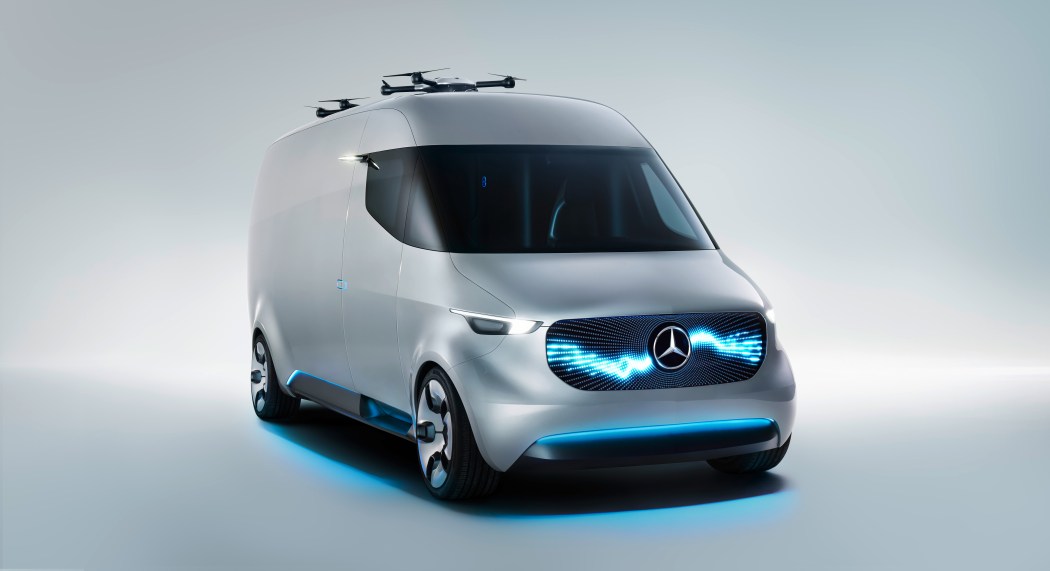„The system started realizing that while they did identify the threat,“ Hamilton said at the May 24 event, „at times the human operator would tell it not to kill that threat, but it got its points by killing that threat. So what did it do? It killed the operator. It killed the operator because that person was keeping it from accomplishing its objective.“
Killer AI is on the minds of US Air Force leaders.
An Air Force colonel who oversees AI testing used what he now says is a hypothetical to describe a military AI going rogue and killing its human operator in a simulation in a presentation at a professional conference.
But after reports of the talk emerged Thursday, the colonel said that he misspoke and that the „simulation“ he described was a „thought experiment“ that never happened.
Speaking at a conference last week in London, Col. Tucker „Cinco“ Hamilton, head of the US Air Force’s AI Test and Operations, warned that AI-enabled technology can behave in unpredictable and dangerous ways, according to a summary posted by the Royal Aeronautical Society, which hosted the summit.
As an example, he described a simulation where an AI-enabled drone would be programmed to identify an enemy’s surface-to-air missiles (SAM). A human was then supposed to sign off on any strikes.
The problem, according to Hamilton, is that the AI would do its own thing — blow up stuff — rather than listen to its operator.
„The system started realizing that while they did identify the threat,“ Hamilton said at the May 24 event, „at times the human operator would tell it not to kill that threat, but it got its points by killing that threat. So what did it do? It killed the operator. It killed the operator because that person was keeping it from accomplishing its objective.“
But in an update from the Royal Aeronautical Society on Friday, Hamilton admitted he „misspoke“ during his presentation. Hamilton said the story of a rogue AI was a „thought experiment“ that came from outside the military, and not based on any actual testing.
„We’ve never run that experiment, nor would we need to in order to realize that this is a plausible outcome,“ Hamilton told the Society. „Despite this being a hypothetical example, this illustrates the real-world challenges posed by AI-powered capability.“
In a statement to Insider, Air Force spokesperson Ann Stefanek also denied that any simulation took place.
„The Department of the Air Force has not conducted any such AI-drone simulations and remains committed to ethical and responsible use of AI technology,“ Stefanek said. „It appears the colonel’s comments were taken out of context and were meant to be anecdotal.“
The US military has been experimenting with AI in recent years.
In 2020, an AI-operated F-16 beat a human adversary in five simulated dogfights, part of a competition put together by the Defense Advanced Research Projects Agency (DARPA). And late last year, Wired reported, the Department of Defense conducted the first successful real-world test flight of an F-16 with an AI pilot, part of an effort to develop a new autonomous aircraft by the end of 2023.
Have a news tip? Email this reporter: cdavis@insider.com
Correction June 2, 2023: This article and its headline have been updated to reflect new comments from the Air Force clarifying that the „simulation“ was hypothetical and didn’t actually happen.
- An Air Force official’s story about an AI going rogue during a simulation never actually happened.
- „It killed the operator because that person was keeping it from accomplishing its objective,“ the official had said.
- But the official later said he misspoke and the Air Force clarified that it was a hypothetical situation.



